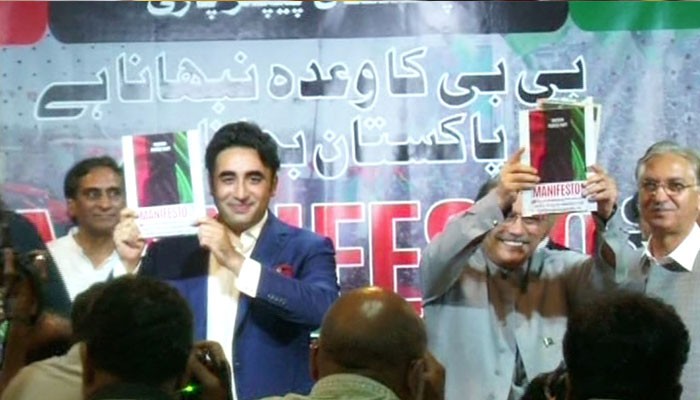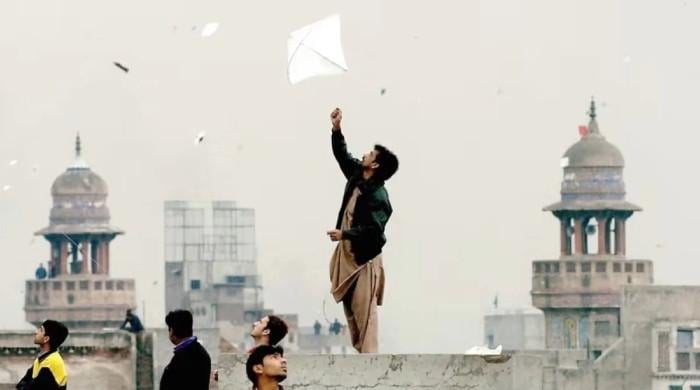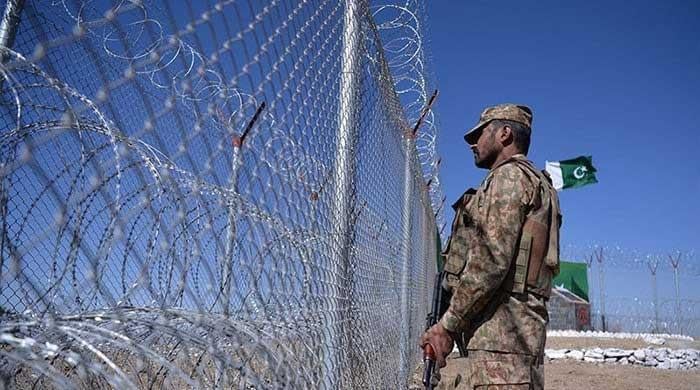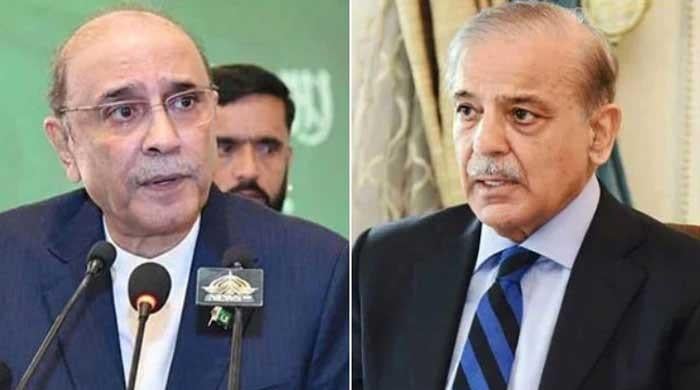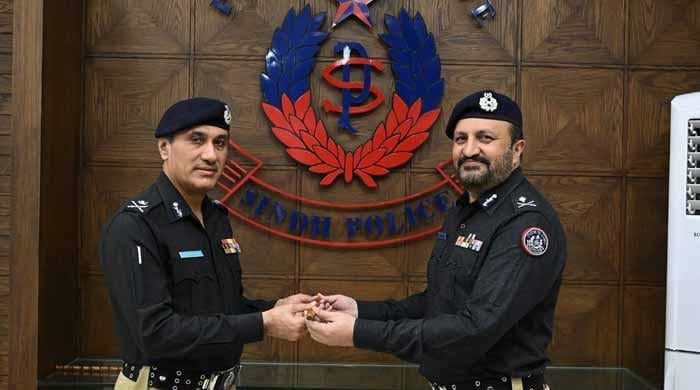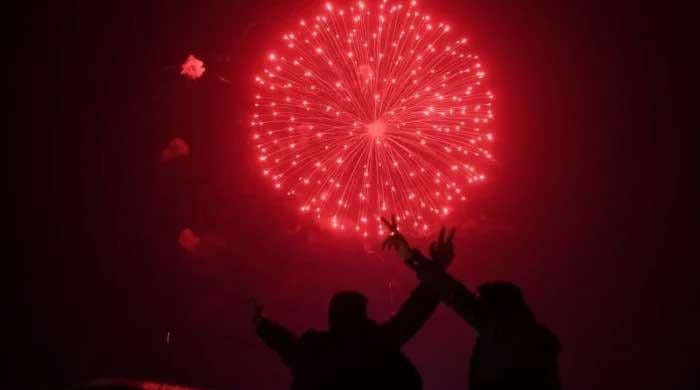Bilawal says not in a ‘mood’ to work with PTI, PML-N
PPP chief shared that he has ideological differences with Shehbaz and Imran
June 29, 2018
Pakistan Peoples Party (PPP) Chairperson Bilawal Bhutto Zardari remarked on Friday that he is not in the "mood" to work with either Pakistan Muslim League-Nawaz (PML-N) or Pakistan Tehreek-e-Insaf (PTI).
While explaining his statement, he said: “PML-N deceives [others] while PTI keeps taking U-turns. PML-N has not treated PPP well.
“We will continue to work with those who help us implement PPP’s manifesto,” he said during an interview with a private news channel.
PPP chief further said that he has ideological differences with PML-N President Shehbaz Sharif and PTI Chairperson Imran Khan.
He also predicted that PPP will perform better than it did during the 2013 general election. “PPP is contesting elections across Pakistan and we will perform better than we did in 2013.”
After the death of Benazir Bhutto, the country's foundation was shaken but we worked for the restoration of democracy and took down the dictator, he remarked.
"There have been conspiracies against PPP but I am the son of Benazir and I accepted these challenges," he added. “This is my first election and I have arrived with my electoral manifesto.”
When asked if he will become the next prime minister, Bilawal shared that he will think about it once PPP secures majority votes in the elections
The party will decide if he will become the PM or his father, Asif Ali Zardari, he added.
On Thursday, Bilawal had launched the party’s manifesto for the forthcoming General Election 2018. He said that if given power, the party would start poverty eradication programme.
Addressing the event, Bilawal said that the manifesto includes strengthening the basis of democracy in the country.
"We will ensure harmony in the relationship between masses and state," Bilawal added.
The party chief said that his party would withdraw all the actions taken by the Pakistan Muslim League-Nawaz government in Gilgit Baltistan, adding that the previous government weakened the accountability institutions of the state.
"The parliament remained a silent spectator in the time of crisis. The state institutions appear to be at loggerhead," he said.
